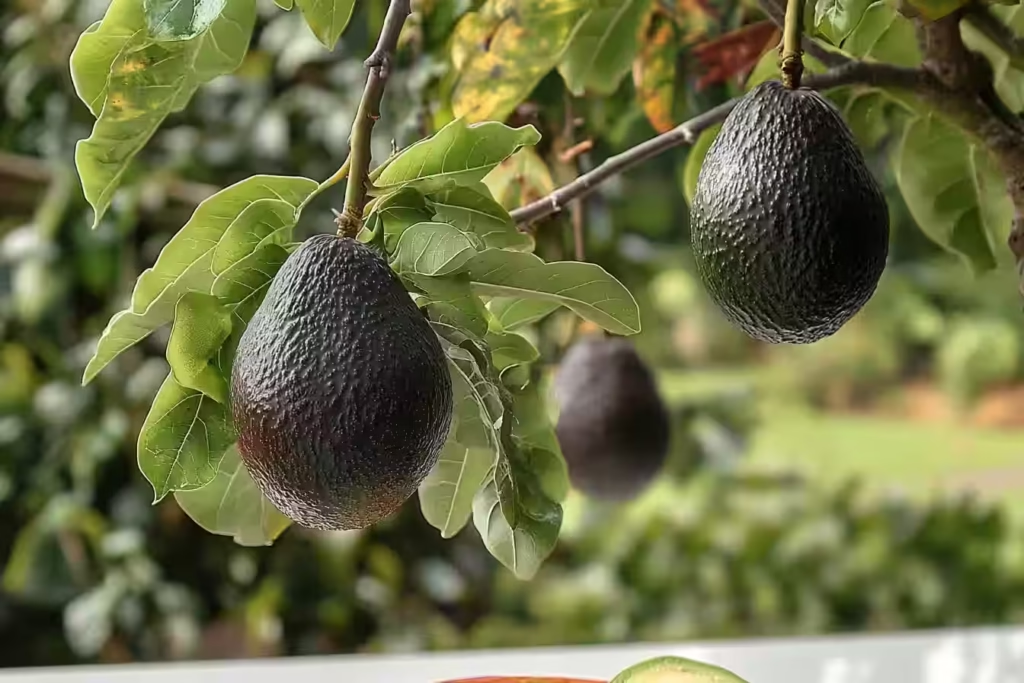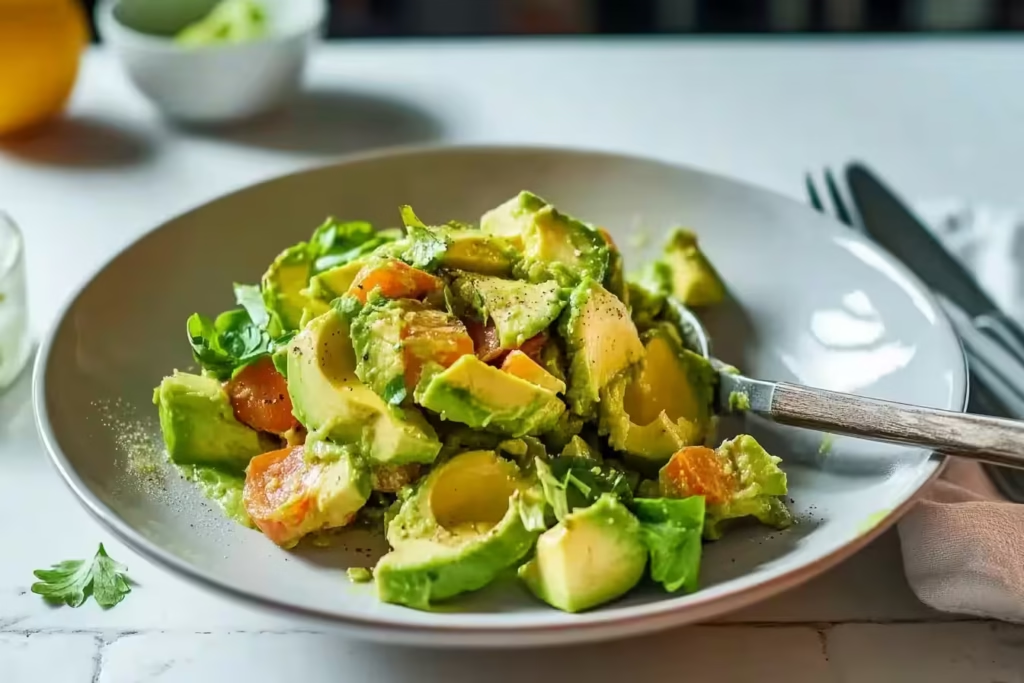Creamy, nutrient-rich, and endlessly versatile, the avocado has become a global kitchen staple. Whether mashed into guacamole or sliced onto toast, this pear-shaped fruit brings flavor, texture, and health benefits to the table. More than a fleeting trend, the avocado earns its place in your kitchen for its unique blend of taste, nourishment, and culinary flexibility.
Origin and History
The story of the avocado begins in south-central Mexico over 10,000 years ago. Archaeological evidence shows that early civilizations, including the Aztecs and Mayans, cultivated and consumed avocados not only for their rich flavor but also for their symbolic value. In Aztec culture, the avocado—called ahuacatl—was associated with fertility and vitality.

Spanish explorers encountered the fruit in the 16th century and helped introduce it to Europe and later to other continents. It wasn’t until the early 20th century, however, that commercial cultivation began to flourish—particularly in California, where the now-iconic Hass variety was born.
Hass avocados, first grown by a mail carrier named Rudolph Hass in the 1920s, quickly gained popularity due to their creamy texture and longer shelf life compared to other cultivars. Today, the avocado industry is thriving in countries like Mexico, the U.S., Peru, Chile, and South Africa.
Beyond its rich agricultural journey, the avocado has played an essential role in regional cuisines across the world. In Mexico, it remains a star ingredient in traditional dishes like guacamole, while in Brazil, avocados are sweetened and used in desserts. Southeast Asian countries often blend avocado with condensed milk for smoothies and ice creams. From savory spreads to sweet shakes, the avocado has adapted to countless culinary traditions.
This blend of historical depth and global adaptability makes the avocado more than just a superfood—it’s a cross-cultural culinary icon with roots that span continents and centuries.
Nutritional Benefits
Avocados are nutritional powerhouses, particularly prized for their content of heart-healthy monounsaturated fats. These fats not only help reduce bad cholesterol (LDL) but also support brain function and hormone balance.
They’re also an excellent source of essential nutrients:
- Potassium: Avocados contain more potassium than bananas, helping to regulate blood pressure.
- Folate: Vital for cell repair and especially important during pregnancy.
- Vitamin K: Supports bone health and proper blood clotting.
- Vitamin E: A powerful antioxidant that contributes to skin and immune health.
- Fiber: Roughly 7 grams per half avocado, aiding in digestion and satiety.
Another standout feature is their role in nutrient absorption. The healthy fats in avocados increase the body’s ability to absorb fat-soluble vitamins (A, D, E, and K) from other foods—making them the perfect pair with leafy greens or vegetable-based meals.

Additionally, avocados are naturally low in sugar and contain no cholesterol. Studies have linked regular avocado consumption with improved cardiovascular health, better weight management, and lower risk of metabolic syndrome.
Incorporating avocado into daily meals can be simple: add slices to salads, blend into smoothies, mash onto whole-grain toast, or spoon into grain bowls. Their mild flavor and creamy consistency make them a versatile base or complement for both savory and sweet dishes.
📌 Try it in this recipe: Avocado Toast with Egg – A Perfect Start to Your Morning
